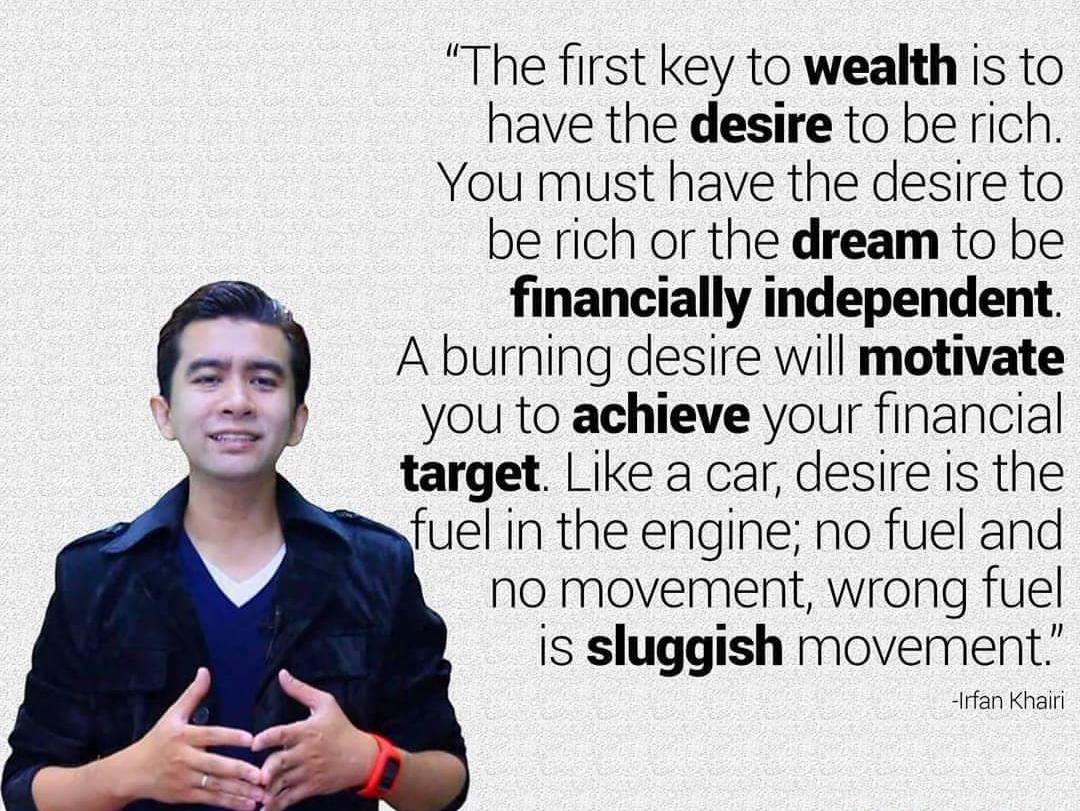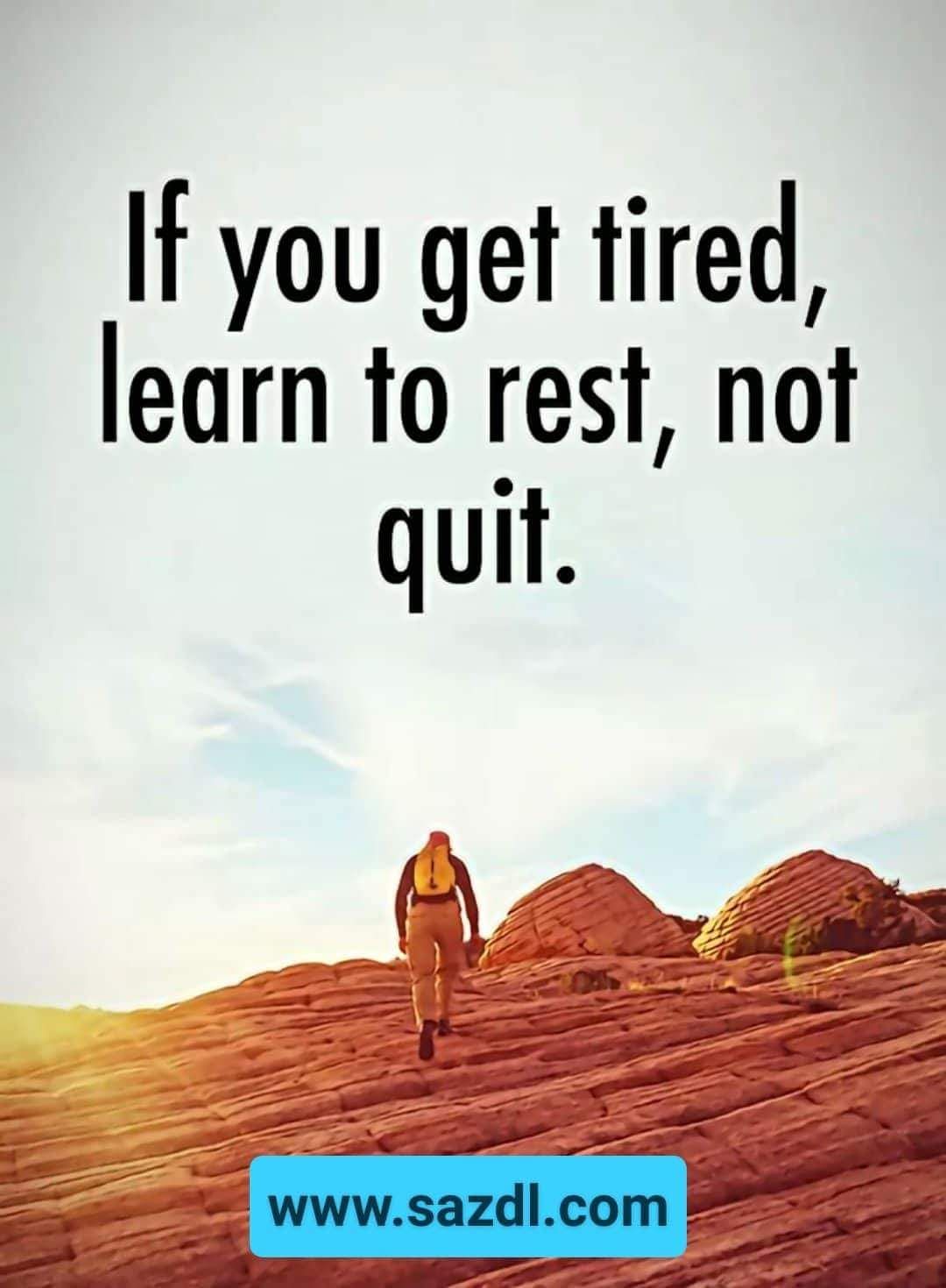
One of the greatest things about leadership is that we all bring something different to the table. If you were to read articles on good leadership qualities, you would usually see factors like integrity, effective communication and influence. These are all wonderful qualities of a leader, but I am going to share something I believe has made me stand out as a leader by putting my people ahead of myself.
I must admit, in my early days as a leader I was all about myself. I had a title and I thought that was all I needed. I thought because of my title everyone would follow me and respect me. I didn’t think leadership was something I needed to work hard at. I had already arrived.
I was wrong!
Lucky for me, I had a few great leaders, who also brothers to me, who cared about me enough to confront me about my selfish attitude. As leaders, we need to be able to recognize people who are not performing at their greatest level and provide support and feedback to them. I had no idea I was failing as a leader and hurting my people because of my pompous attitude.
I do believe that some people are born leaders and learn throughout life to become better leaders. One of the best lessons I learned was that it is not about me. When I made the transition from valuing myself to valuing my people, I was transformed as a leader. My mentor Irfan Khairi, in his book “Nota Jutawan, Nota Motivasi” writes, “When we learn to turn our focus from ourselves to others, the whole world opens up to us.” When you understand this and take the focus away from you, it will change who you are as a leader.
I’d like to share some ways you can work toward valuing your people more:
- View your people as your biggest success. A good leader supports those around them. Your focus should be on developing them, helping them succeed, and watching them grow into the people they want to become. When your people are successful, it is a reflection on you as a leader. Work hard on your people. They are your biggest asset. Without them, your team can fail.
- Acknowledge and appreciate people. Everyone wants to be valued. It is critical as a leader to give your people credit and recognition for the incredible things they do. One of the reasons people leave a job is because they feel underappreciated. A leader should never take the credit for the work that their people do. A good leader is a generous leader who recognizes people. Work recognition into the culture of your team. Make a conscious effort to call out your top producers in a recurring meeting. When others see a coworker being recognized, it infuses motivation into your team. Everyone will work harder to be the next person whose hard work is recognized.
- Know your people. I mean really know them. Sure, you may know their names and their positions and what they are working on, but do you really know them? Do they have children? Do you know where they came from? Do you know what they have done in their lives before they started working with you? Most importantly, do you know their hopes and dreams? Getting to know them in a more personal way will make them feel valued and increase their respect for you as a leader.
- Leave your ego at the door. People are going to do better than you. You will have people on your team who have significant achievements. They may get another degree, get a certification, or move on to a new position. One of the biggest compliments you can receive as a leader is to have one of your people move on to a better opportunity. Be proud, not jealous.
- Empower your people. Everyone wants to be trusted to make decisions. Empower your people to make certain decisions. Do not short change them. Allow them opportunities to shine rather than discounting their abilities and doing it yourself. Do you have a big presentation coming up with your executive team? Allow one of your top performers to give the presentation instead. Being empowered will make them confident and help them strive for larger-than-life goals.
Leadership is both a gift and a privilege. You can erode the cohesion of your team if you fail to value them. Everyone on the team deserves to be valued. Each one of them performs an essential part to keep the engine of your company running. When you can put your people’s needs and interests before your own, you will be a more successful leader.
“Inspiring people to become who they were designed to be.” – Shah Al-Ghazali, Founder of SAZ Diversify Legacy.
______________________________
DO YOU WANT TO IMPROVE THE PERFORMANCE IN YOUR ORGANISATION? If you are interested to learn the unique techniques and the easier ways of building your leadership skills for personal and also for your team, let’s apply for our Leadership Storytelling Training. We, at SAZ Diversify Legacy (SAZDL), will help to unleash your inner talent! This program is open for any type of businesses. For more information, you may visit our website: www.sazdl.com
Please CLICK HERE and fill the form to book our training and do not feel hesitate to contact our team at +601123827811 (Aiman) or +60169667912 (Louis), to discuss further.









